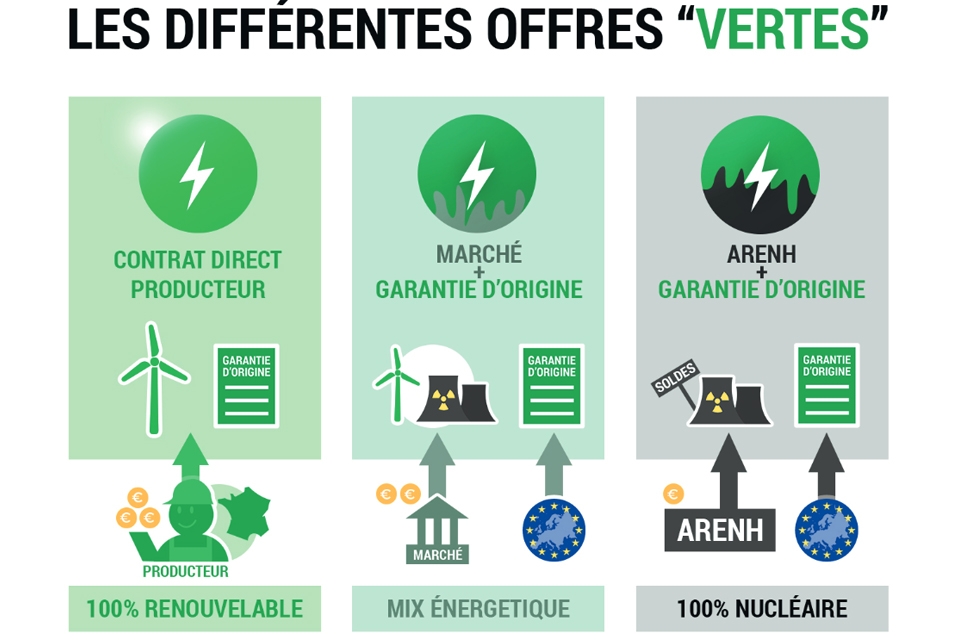The future of energy is being shaped close to us, in our cities and villages where each local initiative adds a stone to the global edifice of the energy transition. While national debates often capture attention, it is on the ground that the real metamorphosis occurs. Local authorities, citizens, and economic actors are mobilizing to develop innovative solutions, promoting the use of renewable energy. These decentralized efforts are essential for achieving energy balance, stimulating the creation of local jobs, and making our territories resilient to climate challenges. In this dynamic, each energy unblocking project shines through its ability to redefine our relationship with energy, thereby driving a movement where autonomy and sustainability become the norm.
The energy transition towards clean energy finds its greatest strength at the local level, thanks to the commitment of communities and local regulators. Public utility commissions play a crucial role in deciding energy direction, whether by encouraging renewable sources like wind and solar, or by clinging to fossil fuels. These often little-known organizations have the power to shape the energy future of states by regulating rates, approving projects, and influencing energy access. The influence of these decisions plays out even in households through the promotion of energy efficiency and domestic solar installations.

Role of Communities in the Energy Transition
Local communities play an essential role in the transition to clean energy, often choosing to take responsibility for their own energy future. This translates into the creation of green electricity cooperatives and the establishment of public-private partnerships to maximize the impact of local initiatives. Their efforts help reduce dependence on fossil fuels, while promoting a sustainable approach tailored to the specific needs of residents.
Regional Initiatives and Their Impact
Regional initiatives to promote the use of renewable energy sources present other significant benefits. For example, the adoption of solar panels on municipal buildings not only reduces energy costs but also supports job creation in the green technology sector. When certain regions encourage the production of solar or wind electricity through subsidies or tax incentives, they enhance their region’s economic attractiveness for new investors.
The Future of Clean Energies and Local Challenges to Overcome
Achieving an energy balance between production and demand remains a challenge for regions seeking to adopt green energies. These entities must navigate a complex regulatory landscape and balance citizen expectations with the technical feasibility of projects. Taking the initiative to develop smart electricity networks is part of these efforts; this improves the integration of sustainable energy solutions while optimizing resource use. These developments underscore the need for effective cooperation between local governments, businesses, and the public to build a resilient energy future.
Articles similaires
Thank you!
We will contact you soon.














